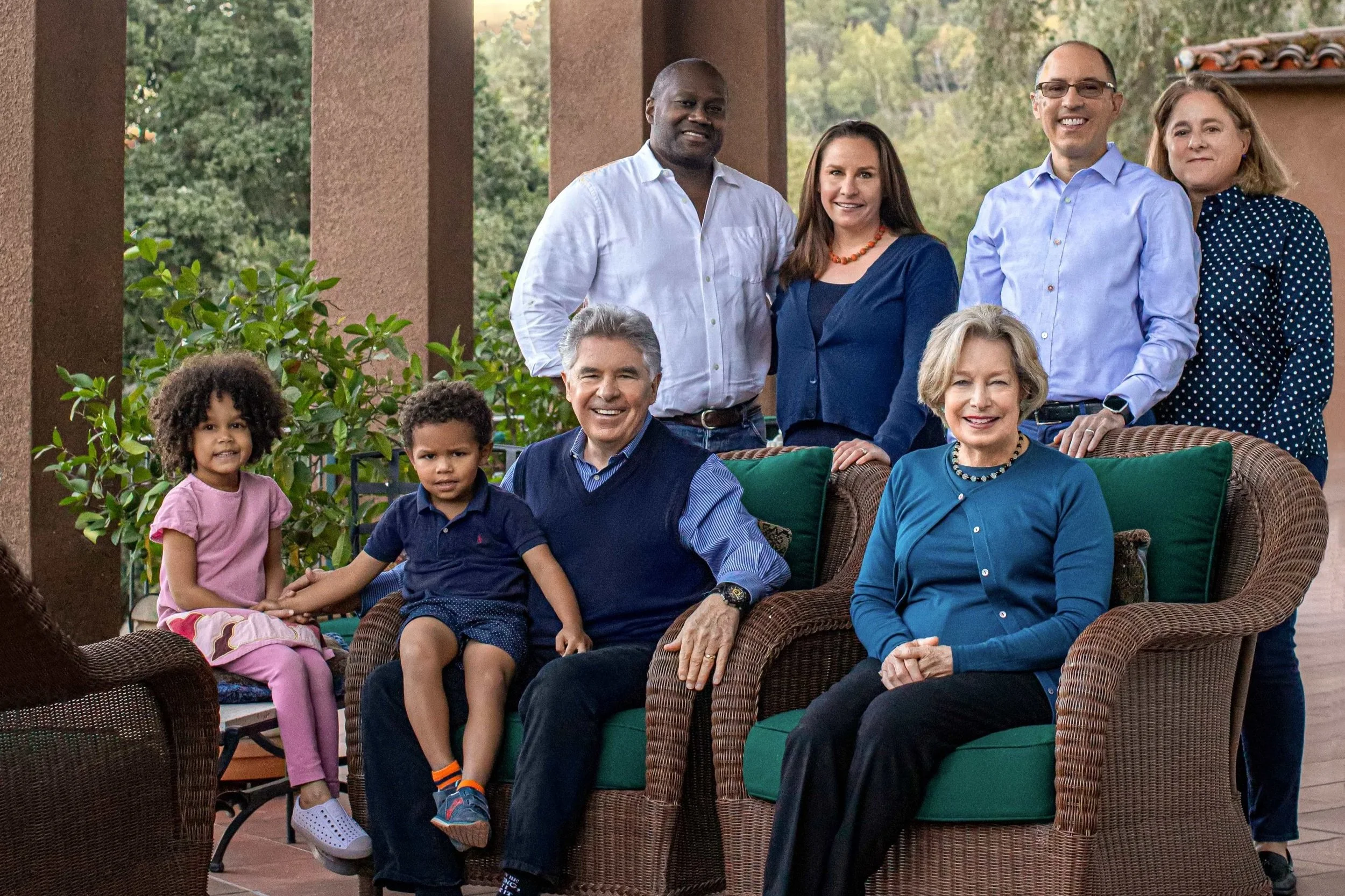Focused and Strategic: How a Family Tapped Wall Street Wealth for Impact on Mental Health
/photo: GrAl/shutterstock
Nonagenarian Stephen A. Lieber was once dubbed the king of balanced funds by Fortune. The Williams College graduate was in the asset management business for some half a century, associated with firms like Alpine Woods Capital Investors and Evergreen Asset Management Corp, where he was once CEO. His son Samuel currently helms Alpine Woods Capital Investors based in Purchase, New York, in Westchester County.
The Lieber family is also philanthropic, establishing the Essel Foundation all the way back in the mid-1960s. The foundation flies well under the radar, with no website, but even a cursory look at the foundation's tax returns reveals one major interest—mental health.
Stephen, his late wife Connie and the Lieber clan, have supported mental health research for decades. As we've reported, this isn't a very common focus for major donors. Advocates for mental health services and research have long complained that their field is woefully neglected by philanthropy. Reasons for this may include the stigma that still surrounds mental health issues and the desire among donors to focus on challenges that seem more tractable, like finding a cure for cancer.
So what explains the Lieber family's steady advocacy for mental health through the years? We recently spoke to Stephen Lieber to find out.
Like many stories of philanthropy, the Lieber family’s work in the mental health space is deeply personal. The Liebers’ daughter dealt with mental illness as a child and had her first schizophrenia break in college. “Among males, [that break] generally occurs around the freshman year in college,” Lieber says. At that time, there was very little information and research about the disorder—one recalls the electroconvulsive therapy that John Nash endured, as depicted in A Beautiful Mind—but the couple wanted to learn everything they could for their daughter so that they could help her.
The couple attended a meeting at Columbia University, and learned of a new research organization —the National Alliance for Research on Schizophrenia and Depression, or NARSAD. Connie joined the board and eventually became president, a position she held from 1989 to 2007. NARSAD is now the Brain & Behavior Research Foundation, which Stephen Lieber chairs. The organization is now the world's largest private funder of mental health research and has directed some $380 million in grants to over 4,500 scientists.
As we've often reported, the Brain & Behavior Research Foundation awards grants to support work in basic research, new technologies, and next generation therapies for mental illnesses ranging from anxiety and OCD to bipolar disorder and schizophrenia.
Related:
- "Proof of Concept." How This Funder Backs Young Researchers on Mental Health
- A Look at Where BBRF's Grants for Research Have Been Going Lately
Lieber described the couple’s critical relationship with the organization through the years: “Our involvement allowed us to participate in many scientific meetings, and get to know a number of scientists. We found it our primary recreational experience for a couple of decades... an informal postgraduate education, but we learned a lot.” The Liebers became particularly close to Dr. Daniel Weinberger, who was instrumental in focusing research on the role of abnormal brain development as a risk factor for schizophrenia.
Weinberger, once a star at the National Institute of Mental Health, now serves as director and CEO of Lieber Institute for Brain Development in Baltimore, Maryland, whose mission is to “is to translate the understanding of basic genetic and molecular mechanisms of schizophrenia and related developmental brain disorders into clinical advances that change the lives of affected individuals.” The Liebers are among the founders of the institute, which is affiliated with Johns Hopkins University.
According to the World Health Organization, four of the 10 most disabling diseases of world societies are psychiatric. “By 2020, the most significant illness in the world will be mental illnesses. The clues are all there, but they haven’t been pulled together adequately," Lieber adds.
Apart from the Brain & Behavior Research Foundation and the Lieber Institute, the family digs into mental health issues in other ways, too. In 1987, the Liebers established an annual award for outstanding achievements in schizophrenia research. To date, two Lieber Prize winners have gone on to win Nobel Prizes. Columbia University, meanwhile, is home to the the Lieber Recovery and Rehabilitation Clinic for Psychotic Disorders and the Lieber Schizophrenic Clinic. And at Williams, the family has supported the undergraduate neuroscience program.
The Essel Foundation's grantmaking focuses on continuing to support these various mental health causes. These days, Samuel Lieber helps steer this charity. The foundation also supports community causes. At Brooklyn College, Connie’s alma mater, she funded scholarships for Russian emigre women.
At the end of the day, though, the story of Lieber family philanthropy is about a sustained and strategic focus on an overlooked funding area. This is often how major donors have the most impact, and Lieber giving is a perfect case study.







































